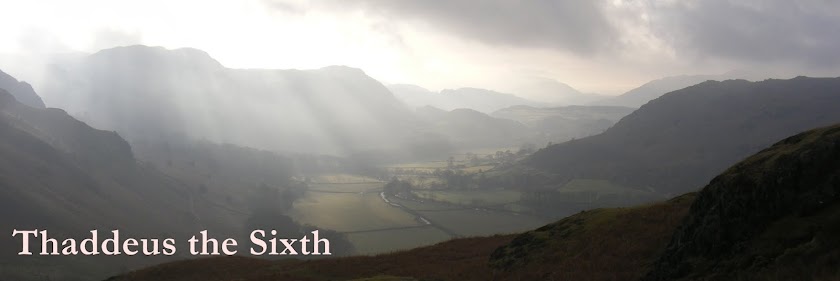I first read this
military history/biography of Caesar quite some time ago, and
recently finished re-reading it. Dodge’s ancient histories (he’s
written similar books about Alexander and Hannibal) are amongst my
favourites. There’s a great level of detail, with maps and sketches
of soldiers, siege equipment and so on throughout.
This is not a
full-blown biography. It’s concerned almost exclusively with the
military career of Caesar. Obviously there’s also some political
overlap, such as when he and Pompey had a bit of a tiff, but only
when that relates to the military aspect of the subject. As you would
expect, the meat of the book is the Gallic and Civil Wars (the latter
including sojourns in Spain, the Balkans/Greece, Alexandria and
Africa) with a few side-orders (such as the swift spanking of
Pharnaces II).
 Th author is clearly
enthusiastic about his subject, and had the opportunity to visit the
theatres of Caesar’s wars. This helps him to reconcile potential
conflicts in ancient sources, Caesar’s own accounts foremost
amongst them, as well as providing an opportunity for maps and
sketches of the landscapes upon which battles, marches, and sieges
occurred. It must be said that Dodge sometimes gets a bit carried
away (he really does like the three ancient generals about which he
wrote) but that doesn’t stop him criticising when he feels Caesar’s
been a daft sod (most of the general’s great successes are only
great because he thrust himself needlessly into peril and it took
significant skill to extricate himself).
Th author is clearly
enthusiastic about his subject, and had the opportunity to visit the
theatres of Caesar’s wars. This helps him to reconcile potential
conflicts in ancient sources, Caesar’s own accounts foremost
amongst them, as well as providing an opportunity for maps and
sketches of the landscapes upon which battles, marches, and sieges
occurred. It must be said that Dodge sometimes gets a bit carried
away (he really does like the three ancient generals about which he
wrote) but that doesn’t stop him criticising when he feels Caesar’s
been a daft sod (most of the general’s great successes are only
great because he thrust himself needlessly into peril and it took
significant skill to extricate himself).
Caesar’s reckless
conduct gets pulled up several times, but this is far outweighed by
successes achieved all over Europe. And, alongside the recklessness,
audacity enabled some of the signal victories, most notably at
Pharsalus, where he attacked an army twice his size.
It’s also worth
remarking upon an episode that doesn’t fit the popular narrative of
Caesar, namely his brutality. Specifically, killing around 430,000
Germanic people whilst the tribe was conducting peace negotiations
with him. The book was written pre-WWII, and Dodge uses the term
holocaust to describe Caesar’s actions (the man himself claimed the
Germanic tribe was plotting to betray him so he struck pre-emptively.
Dodge is not persuaded).
In addition to the
history of Caesar, there is much information on the Roman army and
how it had changed over the centuries, particularly from its peak in
the Second Punic War. There’s also a splendid chapter near the end
comparing Caesar, Alexander and Hannibal in a variety of ways.
It’s a hefty 800
pages but the text is often broken up by drawings, so it’s not
quite as dense as it might appear. Overall, an engaging portrayal of
one of history’s most intriguing figures.
Related books I’ve
reviewed include:
The Crisis of Rome [the
period shortly prior to Caesar’s, involving his uncle Marius] -
http://thaddeusthesixth.blogspot.co.uk/2012/05/review-crisis-of-rome-jugurthine-and.html
Sallust’s works -
http://thaddeusthesixth.blogspot.co.uk/2015/04/review-sallust-catilines-war-jugurthine.html
Thaddeus

No comments:
Post a Comment